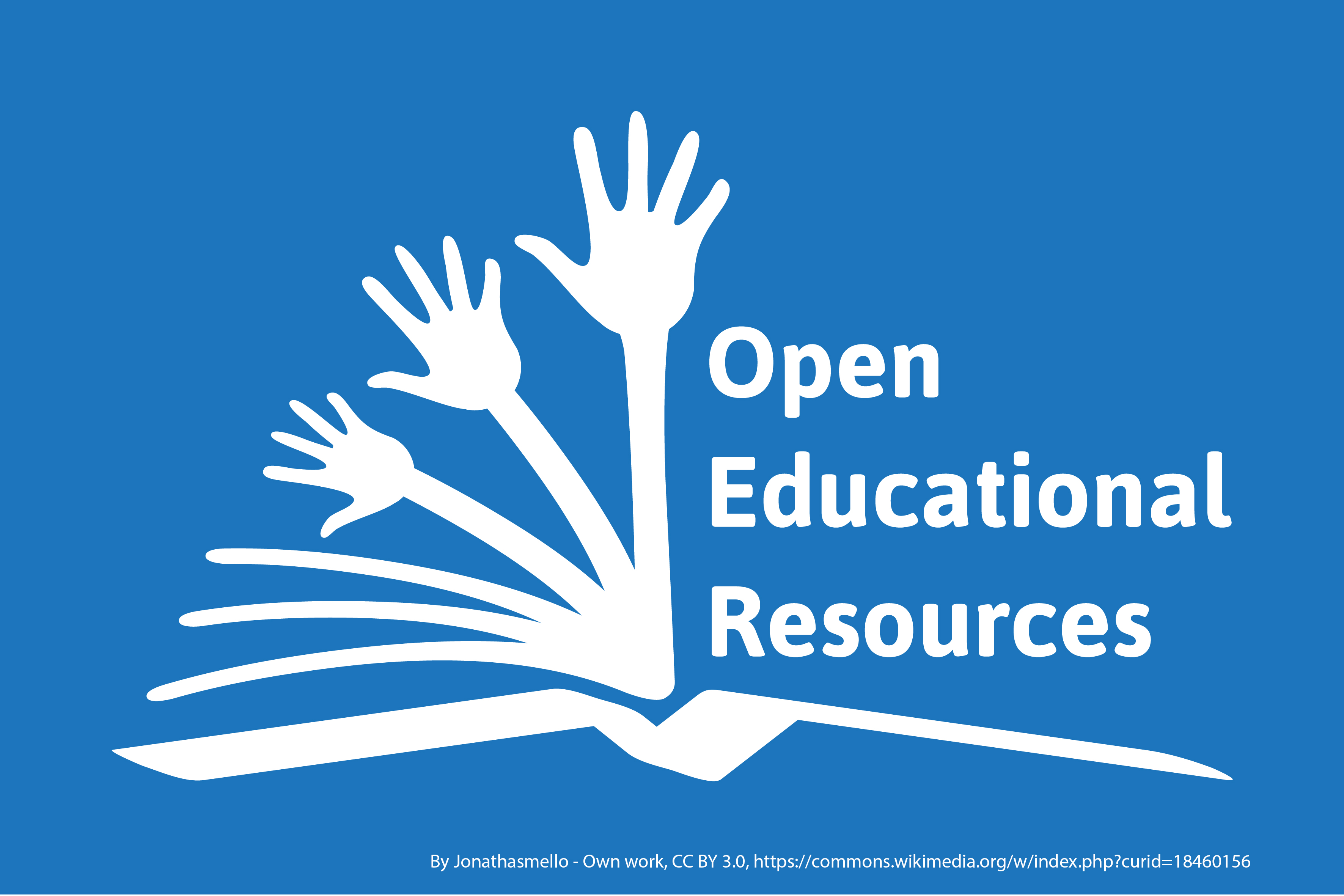How many times do we find ourselves trying to engage our students with a nice video, some quiz or even a nice cartoon? Then we realise that we have to do it by ourselves and that the time is not enough. We then go back to the worn out ppt presentation or pdf and use that picture from the same review that we have always used. Well…good news is that there are a lot of free available resources for us.
These are called in the pedagogical language, open educational resources (OER). The first time I came across this term was during the Open Networked Learning course
The term OER, was coined in 2002 by UNESCO and it encloses “teaching, learning and research materials in any medium, digital or otherwise, that reside in the public domain or have been released under an open license that permits no-cost access, use, adaptation and redistribution by others with no or limited restrictions”.According to Lumen’s 5Rs of OER, “The term “open content” describes any copyrightable work (traditionally excluding software, which is described by other terms like “open source”) that is licensed in a manner that provides users with free and perpetual permission to engage in the 5R activities”
Where these 5R’s stands for:
1-Retain – is the right to download own copies of the content and store and manage.
2-Reuse – is the right to use the content in your lecture, video, course site, student group, etc
3-Revise -is the right to change, modify, adapt the content to your specific class situation
4-Remix-is the right to combine the original or modified content with some other material, OER in order to create something new.
5-Redistribute -is the right to give a copy of the original, revised or remixed material to other colleagues, students or friends.
So I happily realised that I too could find these OERs and reuse them. Generally I will also need to revise them and even remix the material in order to adapt it to my students’ needs. Some materials are too simple while others too broad. After that I could also redistribute my new material with my colleagues, students, friends so they can take advantage of my work. However, I would also like to be properly attributed when my colleagues and friends redistribute my material. I might even have some requirements: for example, the people using my material can proceed according to the 5Rs but I don’t want them to get commercial profit!
Although the open licences are open they might include certain requirements that makes the content less open in practice. For example, Wikipedia, with a very good will, attributes a CC BY SA licence to all the derivative content while MIT (see below) requires a CC BY NC SA licence (SA stands for share-alike and NC for non-commercial). Additionally the open content publishers can make choices that limit the engagement in the 5Rs, for example, by making the published content difficult to remix using free tools, difficult to download from the open content site, when advanced technical skills are needed to remix the content, or when the content simply is not there anymore.
Finding OERs can be a little bit of a challenge: is the content right? Can I trust it? Therefore it is good to know a few curated sites, for example, if I am a teacher I will trust other teacher/educator communities that join efforts in order to create hubs OERs hubs. Here are some of them
The wikiEducator is a community of educators who believe the educational resources should be shared and be free. Moreover, OER commons is a public digital library of OERs and also OER world map is an interesting site to visualise the ongoing efforts. Another site that you might want to visit in your ONL hunting is Merlot and a huge collection of OERs put together thanks to the tiny earth initiative is also worth visiting! Here you can also add and collaborate! I particularly found it super useful during the past locked down when we had to launch all the labs online in no time.
Even Though I might be very happy with the existence of OERs, because they are free, save my money, time and are accessible! I might also consider that OERs
- Need to be found
- Need to be customised for particular situation/students
- Need to be critically reviewed
- Need to be easily accessible and user-friendly to the students (including to students with disabilities or functional variations)
- Need to be translated from a foreign language
So therefore I wanted to write this blog to help you save a little bit of your time. Here you can find some useful examples of OERs their Links follow below
Courses
mOOCs (micro online open courses) OERu
Coursera (watch out! Not always free!)
Lectures
Khan Academy (One of my favourites!)
For creation of lectures
Mini lectures that can be adapted to your course
Books
Repository of free textbooks at University of British Columbia
Laboratories, demonstrations, lab manuals
Jove videojournal/lab manuals
Open access journals
Ready-made quizes (you can also check kahoot)
Images, animated images
Audio and videorecording
And many many more. Isn’t it amazing? So, if you happens to know some good OERs please, comment below so we can start sharing!
Hope you enjoy my blogpost/Gizeh


